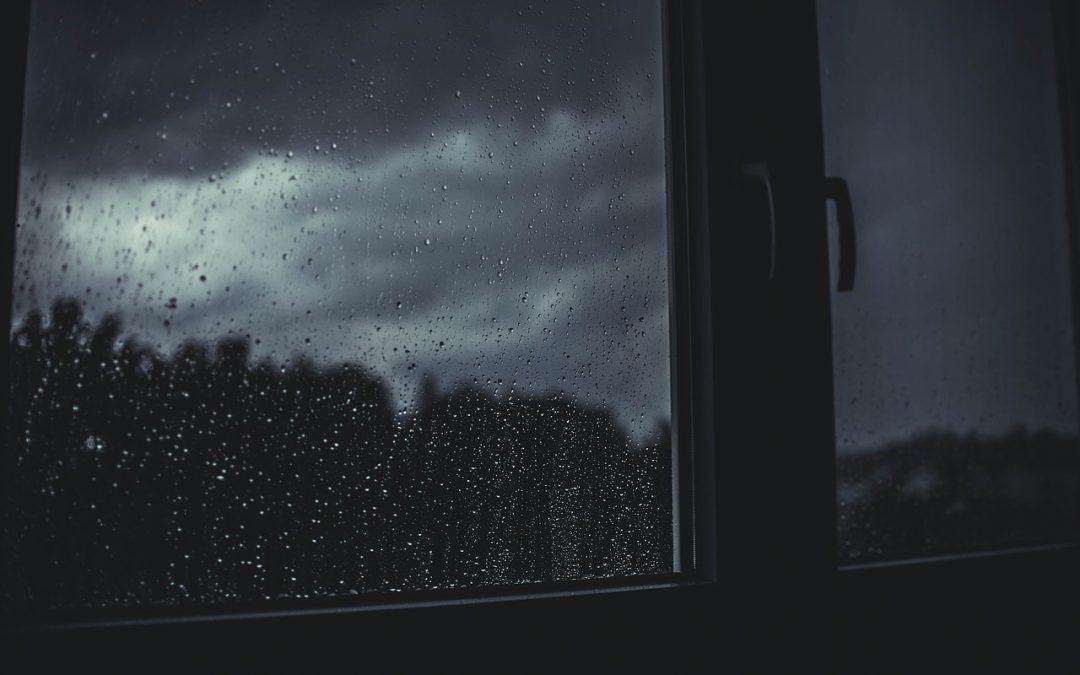Will Rain Damage Air Conditioner. As a homeowner, protecting your investment from potential damages is a top priority. You may already be aware of common culprits such as extreme temperatures, power surges, or debris accumulation. But what about rainfall? Can rain really damage your home’s air conditioner? In this blog post, we will debunk the myths surrounding rain and its impact on air conditioning systems, as well as shed light on any potential effects.
Does Rain Affect Air Conditioners?
Myth 1: Rainwater Falling Directly on the Outdoor Unit Causes Damage
One of the common misconceptions is that rainwater falling directly onto the outdoor unit of an air conditioner can lead to damage. However, modern outdoor air conditioning units are designed to withstand various weather conditions, including rain. Most units are built with weather-resistant materials like galvanized steel to offer protection against external elements.
Moreover, the outdoor unit is specifically engineered to handle moisture exposure. Its internal components are safely sealed and designed to divert water away from sensitive areas. While heavy storms or flooding situations can cause other issues, direct rainwater contact is generally not a concern.
Myth 2: Rain Increases the Chances of Internal Electrical Damage
Another belief is that rain can increase the risk of electrical damage within the air conditioner. While electricity and water don’t typically mix well, air conditioning units have protective measures in place to prevent moisture-related electrical issues. The electrical components inside the unit, such as wiring and insulation, are designed with protective coverings and insulating materials to reduce risks.
Modern air conditioners undergo rigorous testing and must comply with safety standards before being released into the market. Rain showers alone should not pose any significant threat to the electrical integrity of your air conditioning system.
Effects of Rain on Air Conditioners
While rain itself may not damage your air conditioner, there are certain scenarios where rainfall can affect its performance. It is important to understand these potential impacts to ensure proper maintenance and prevent any issues:
- Flooding and Excessive Moisture: Prolonged exposure to flooding or standing water around the outdoor unit can lead to damage. Flooding can compromise electrical components and cause system malfunctions. Regular inspection and prompt action during heavy rainfall or flooding are essential to avoid long-term damage.
- Debris Buildup: Rain can encourage the accumulation of leaves, dirt, and other debris in and around the outdoor unit. This buildup may restrict airflow and hinder the system’s efficiency. Regular cleaning and maintenance are necessary to ensure optimal performance.
Air Conditioner During Rain
In a nutshell, rain alone is unlikely to damage your home’s air conditioner. Modern air conditioning systems are designed to withstand various weather conditions, including rainfall. However, it is crucial to remain vigilant during heavy downpours, flooding, or when debris starts accumulating around the unit. Regular maintenance, proper drainage, and prompt action in unfavorable weather conditions will help maintain the longevity and efficiency of your air conditioning system. Remember, if in doubt, always consult a professional HVAC technician for expert advice and assistance.

